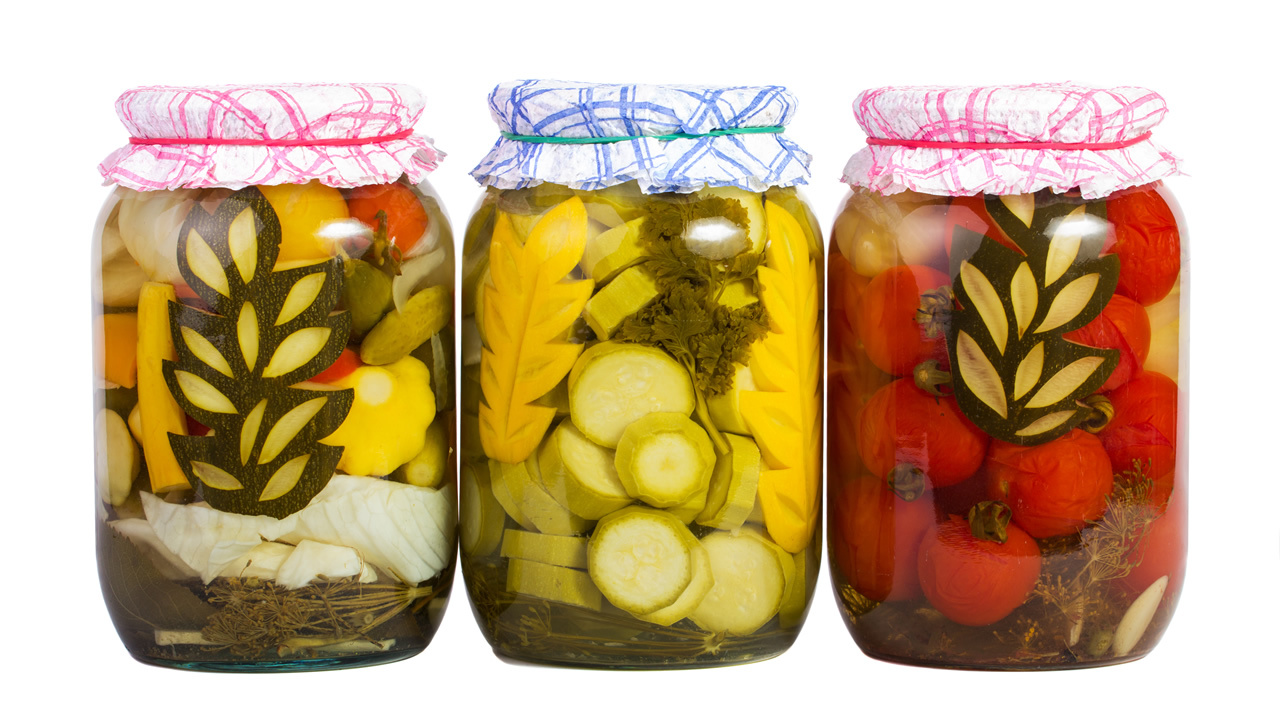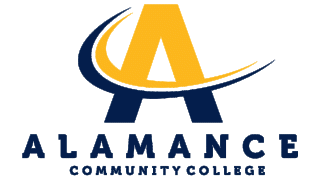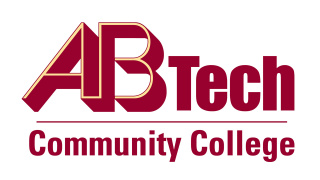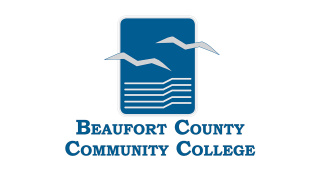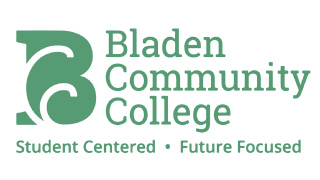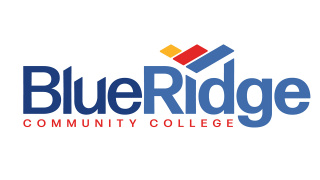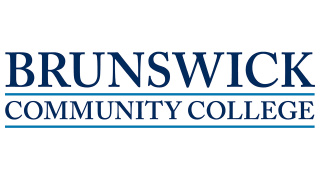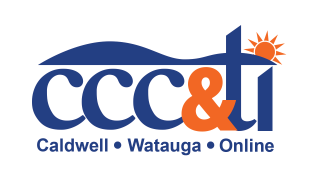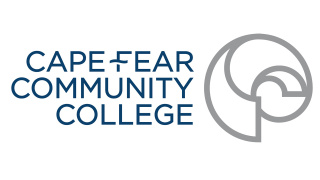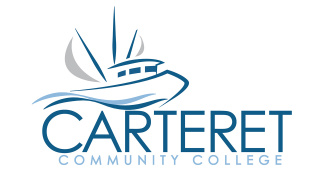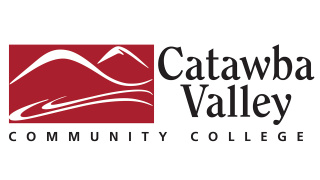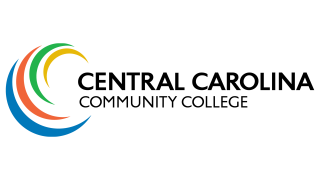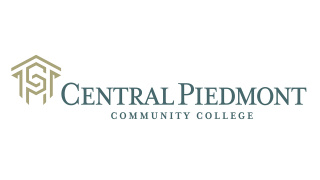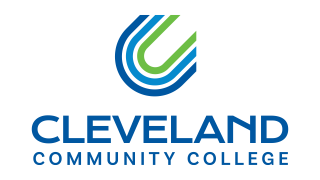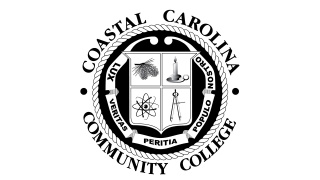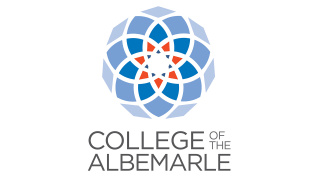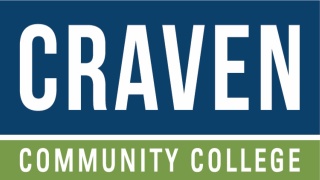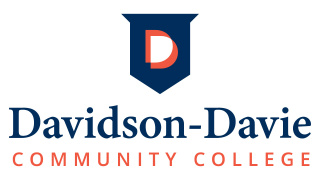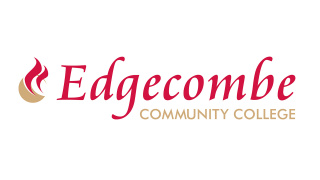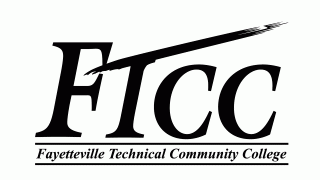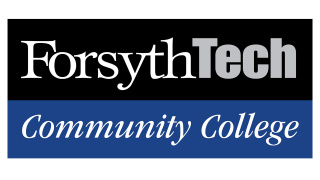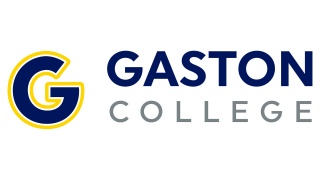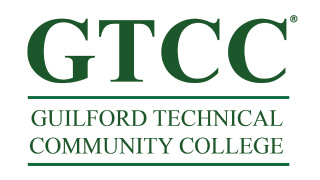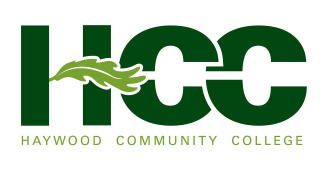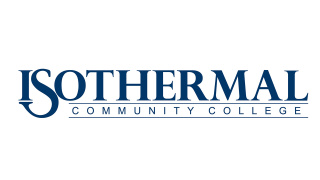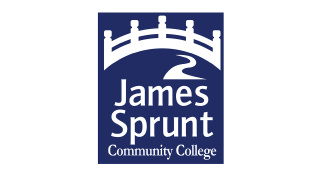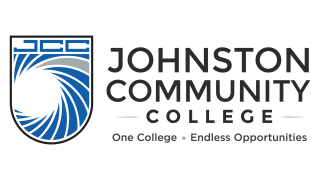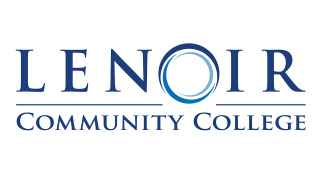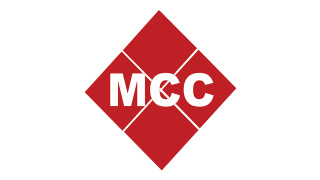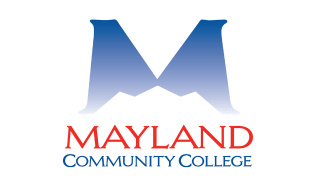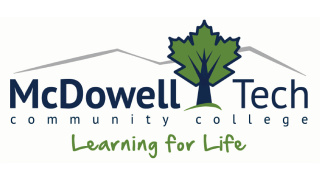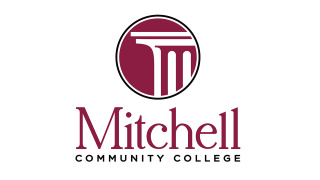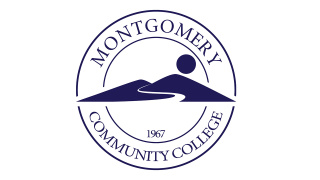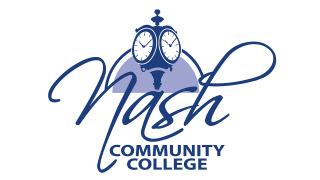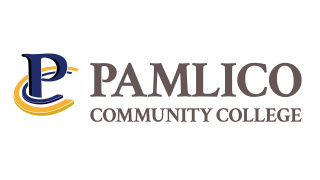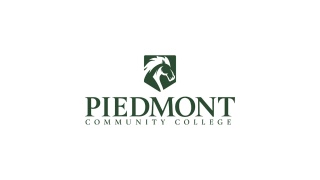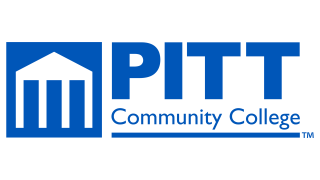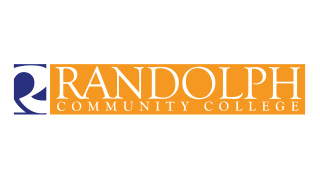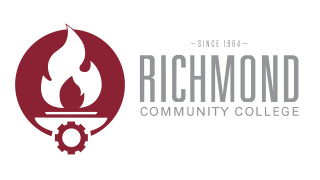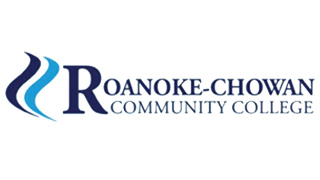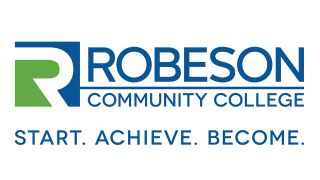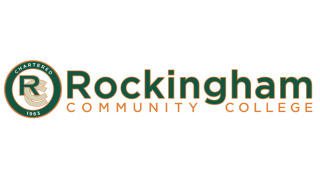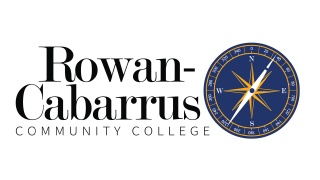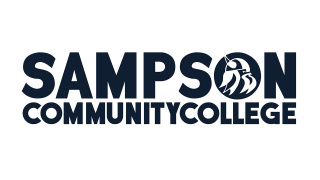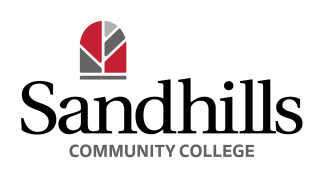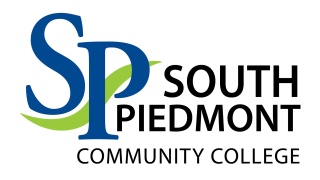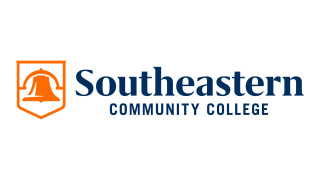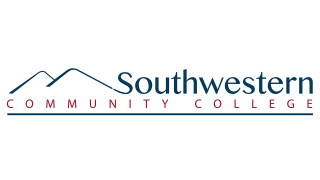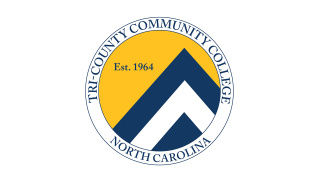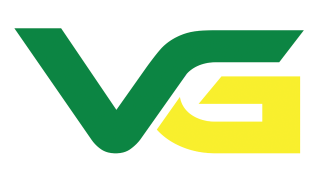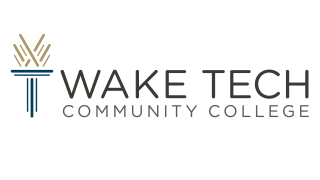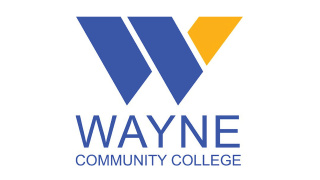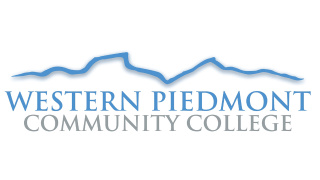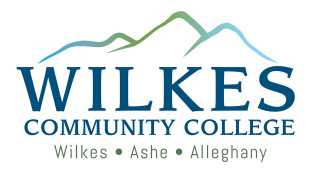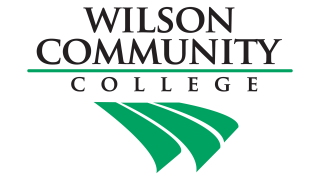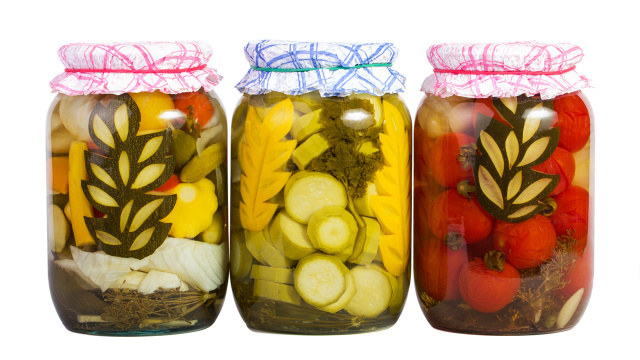Keeping food safe for human or animal consumption means knowing how to execute quality safety practices such as personal hygiene, good manufacturing habits, and proper sanitation.
In this course, you can explore food safety principles through the lens of FDA regulations and the Food Safety Modernization Act (FSMA). You'll learn regulations, hazards, cross-contamination, hygiene, Current Good Manufacturing Practices (CGMPs), sanitation, and documentation.
Teams of students also test the effectiveness of a company’s food safety practices and culture in a mock manufacturing scenario.
We designed this course for food safety professionals, including:
- Production
- Quality Management
- Senior Management
The course requires 8 hours to complete and covers:
- The Regulators
- Food & Drug Administration (FDA)
- Food Safety Modernization Act of 2011 (FSMA)
- North Carolina Department of Agriculture & Consumer Services (NCDA)
- Fundamentals of Food Safety
- Foodborne Illness
- Commodity Outbreaks
- Biological Hazards
- Physical Hazards
- Chemical Hazards
- Temperature Danger Zones
- Symptoms of Foodborne Illnesses
- Cross Contamination
- Current Good Manufacturing Practices
- 5 Pillars of CGMPs
- Personal Hygiene
- Hand Washing
- Sanitation
- Food Contact Surfaces
- Sanitation/ Sanitation Standard Operating Procedures (SSOPs)
- Describe fundamentals of food safety.
- Illustrate how employee actions affect food safety.
- Explain the food safety role of the FDA and NCDA.
- Recount CGMP features and importance. CGMP exists to protect the health and safety of patients or consumers.
- Express the value of cleaning and sanitizing.
- State the different types of food safety hazards.
Delivered in-person in a classroom or lab setting.
Delivered online with a live instructor at a scheduled date and time.
Keeping food safe for human or animal consumption means knowing how to execute quality safety practices such as personal hygiene, good manufacturing habits, and proper sanitation.
In this course, you can explore food safety principles through the lens of FDA regulations and the Food Safety Modernization Act (FSMA). You'll learn regulations, hazards, cross-contamination, hygiene, Current Good Manufacturing Practices (CGMPs), sanitation, and documentation.
Teams of students also test the effectiveness of a company’s food safety practices and culture in a mock manufacturing scenario.
We designed this course for food safety professionals, including:
- Production
- Quality Management
- Senior Management
The course requires 8 hours to complete and covers:
- The Regulators
- Food & Drug Administration (FDA)
- Food Safety Modernization Act of 2011 (FSMA)
- North Carolina Department of Agriculture & Consumer Services (NCDA)
- Fundamentals of Food Safety
- Foodborne Illness
- Commodity Outbreaks
- Biological Hazards
- Physical Hazards
- Chemical Hazards
- Temperature Danger Zones
- Symptoms of Foodborne Illnesses
- Cross Contamination
- Current Good Manufacturing Practices
- 5 Pillars of CGMPs
- Personal Hygiene
- Hand Washing
- Sanitation
- Food Contact Surfaces
- Sanitation/ Sanitation Standard Operating Procedures (SSOPs)
- Describe fundamentals of food safety.
- Illustrate how employee actions affect food safety.
- Explain the food safety role of the FDA and NCDA.
- Recount CGMP features and importance. CGMP exists to protect the health and safety of patients or consumers.
- Express the value of cleaning and sanitizing.
- State the different types of food safety hazards.
